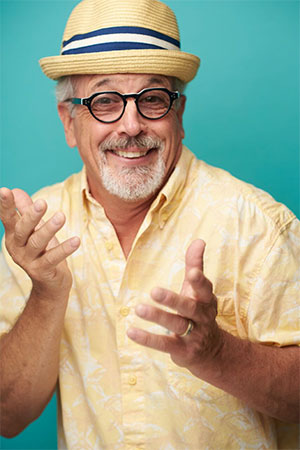It was thought provoking, walking down those old stone steps, pushing back the brush, finding a path to the past. I asked “Where will these lead me? What’s the story here?”. There must have been a hundred of them, a century old I was sure. ‘One per year’, I thought as I counted them. Descending. Walking. Back. Down. Into the past.
Most of the men who chose this path would have been immigrants, my grandfather’s age. My grandfather; a machinist, whose job in the teens and 20’s was to build the machines that drove the industrial age. By the time he retired, an accident had taken one eye, and glaucoma the other. Still I can picture him taking all the necessary steps to feed a wife and 12 children without ever knowing if his grandchildren might one day stand at the top.
My father, a middle child, worked a factory job too. Leaving home each day for thirty five years with a lunch bucket in hand. Eventually he worked in ‘a white room’, soldering in antiseptic conditions under a microscope. His job helped put a man on the moon. By then transistors had replaced radio tubes and factories like Bell Aerospace began replacing foundries, but the more things change, the more they remain the same. He never lived to see retirement.
I thought of them as down I went, sidestepping missing stairs. A disappearing past? The remaining steps had long ago been worn smooth by wear, trodden, twice daily, year in, year out. Counting along the way: 50, then 60. Cars began making this trek obsolete I thought. GI’s like my father, returning home, were working to build a house, a life, a family. Stepping back into their past, the mills and mines and factories and farms were producing the products and produce, the tractors and the machines,the tin cans and appliances, railroads and cars. They were fabricating the skeleton of a prosperous nation born of coal and soot and iron and smoke. They were building bridges to the suburbs.
They each stepped up. Did it matter if they carved coal from the earth or shoveled it into a blast furnace? They stepped up. Did it matter if the job was making the iron rails, or nailing ‘em to the earth for the trains to connect the cities and rivers, agriculture and people? Twelve hours in a mill or a mine or a factory or a farm ground a man down. Like my father, many didn’t live to see their grandchildren. A life of seventy years was lucky and sixty was common. I lost count descending, discovering the steps taken each day in towns across our nation, to raise a family, to get the job done.
They hunted and fished and drank and went to church. They joined The Italian Club.The Slavic Club, The Irish Club, The Polish Club. They were Jewish and Catholic and Communist and black and white, mostly European all willing to do whatever it took. The lucky few retired before the next generation stepped in and took their turn. They played their music and told their stories, wrote their letters and read their newspapers. They lived embracing love and life and tragedy and success.
I like to think it was all done for the betterment of the next generation. My generation. I like to think those immigrants dreamt of a different future, a better future. I like to think that they lived hard, played hard and laughed a lot. My grandfather did. My father too. Mike@MikePerry.Biz
